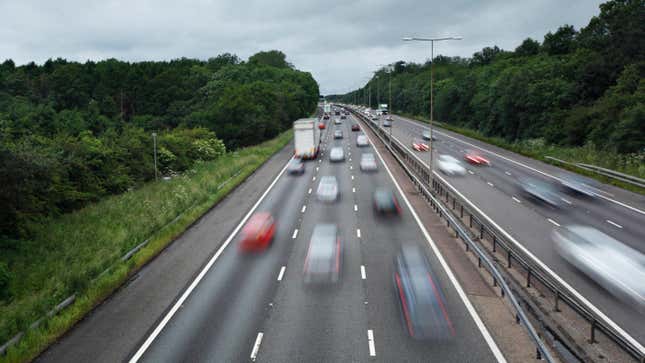Texas Official Who Voted to Police Highway Travel for Abortion Does a 180
"We don’t even have enough law enforcement here to take care of the business here in Mitchell County," the county commissioner said. "It's unenforceable."
AbortionPolitics

In July, Texas’ Mitchell County passed a measure to make it illegal for someone seeking abortion to travel on a road running through the county. This week, one of the four county commissioners who unanimously voted to adopt the policy called it “unenforceable” to Rolling Stone.
The ordinance, crafted by the architects of Texas’ SB8 law (the abortion ban that allows people to sue anyone who helped someone get an abortion for at least $10,000), uses SB8’s same enforcement policy via private lawsuits. It makes it illegal to “knowingly transport any individual for the purpose of providing or obtaining an elective abortion” if one’s travel to an abortion clinic “begins, ends, or passes through” the county, framing this as “abortion trafficking.”
“We’re just looking at every way to close off any loophole imaginable,” Mark Lee Dickson, a pastor and director of Texas Right to Life, told Rolling Stone of the Mitchell County measure he helped create. “If anyone is using the roads—or the runways—for the purpose of abortion trafficking, and if that is discovered then the person who is involved in that act of abortion trafficking … they can be sued into oblivion.” (Dickson is collaborating with Jonathan Mitchell, the creator of SB8, who is currently representing a man suing his ex-wife’s friends for helping her get an abortion.)
-

-

-

-

-

-

-

-

-

-

-

-

-

-

-

-

-

-

-

-

-

-

-

-

-

-

-

-

-

-

-

-

-

-

-

-

-

-

-

-








































